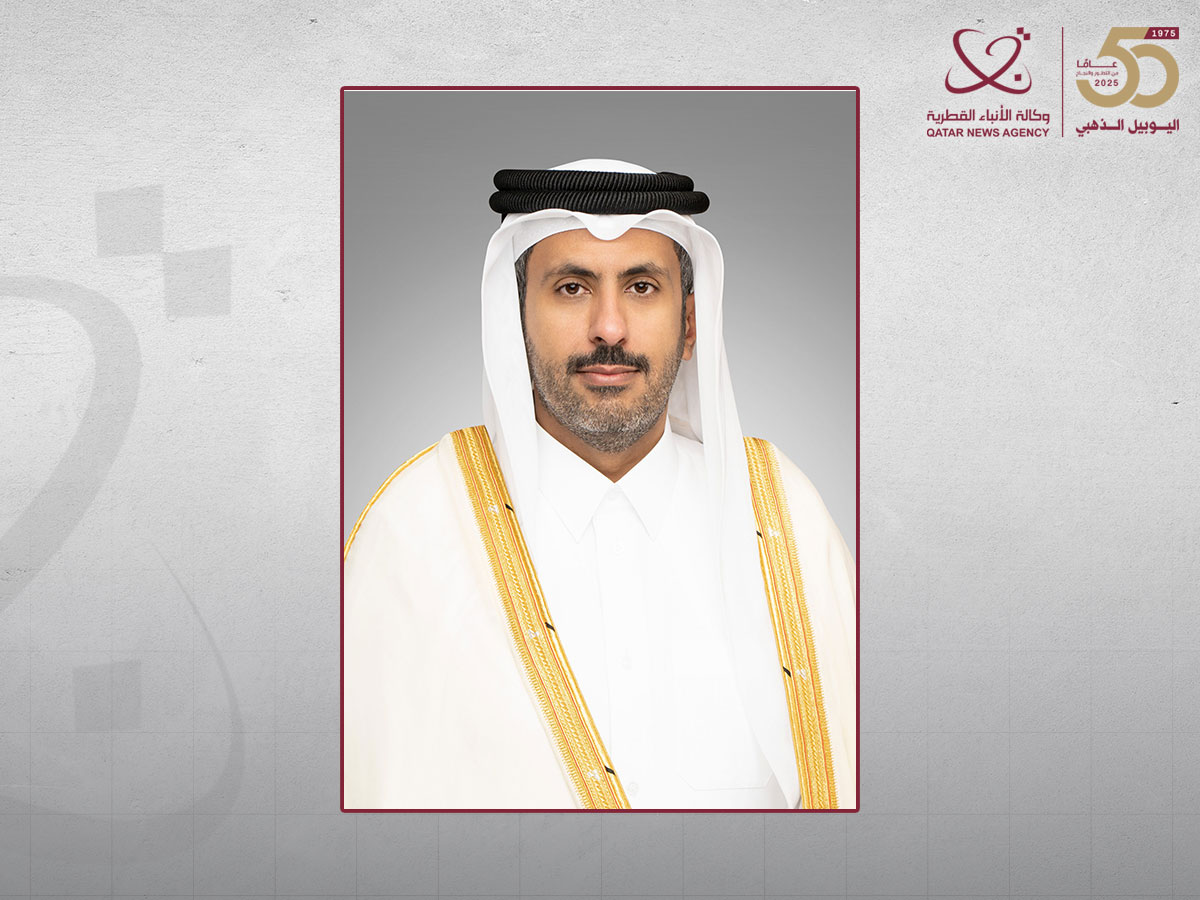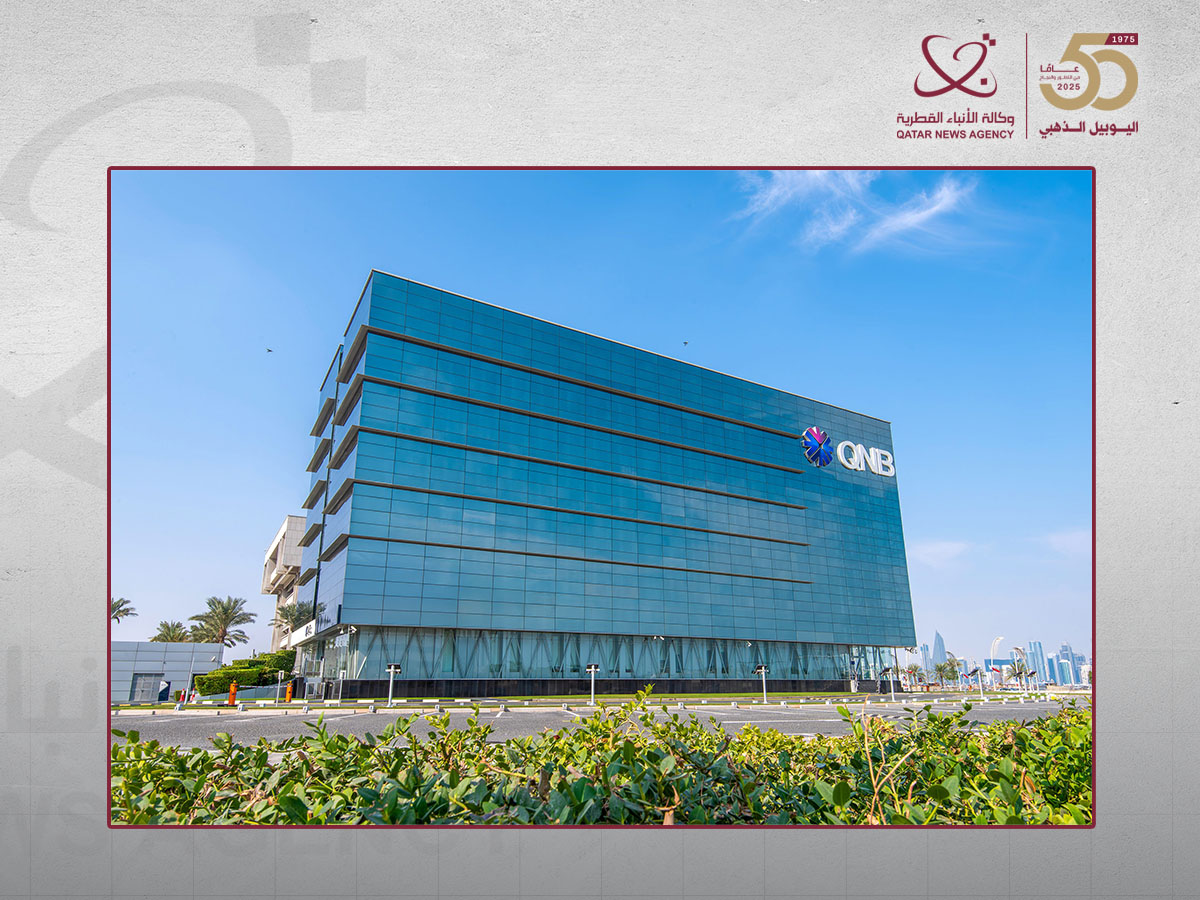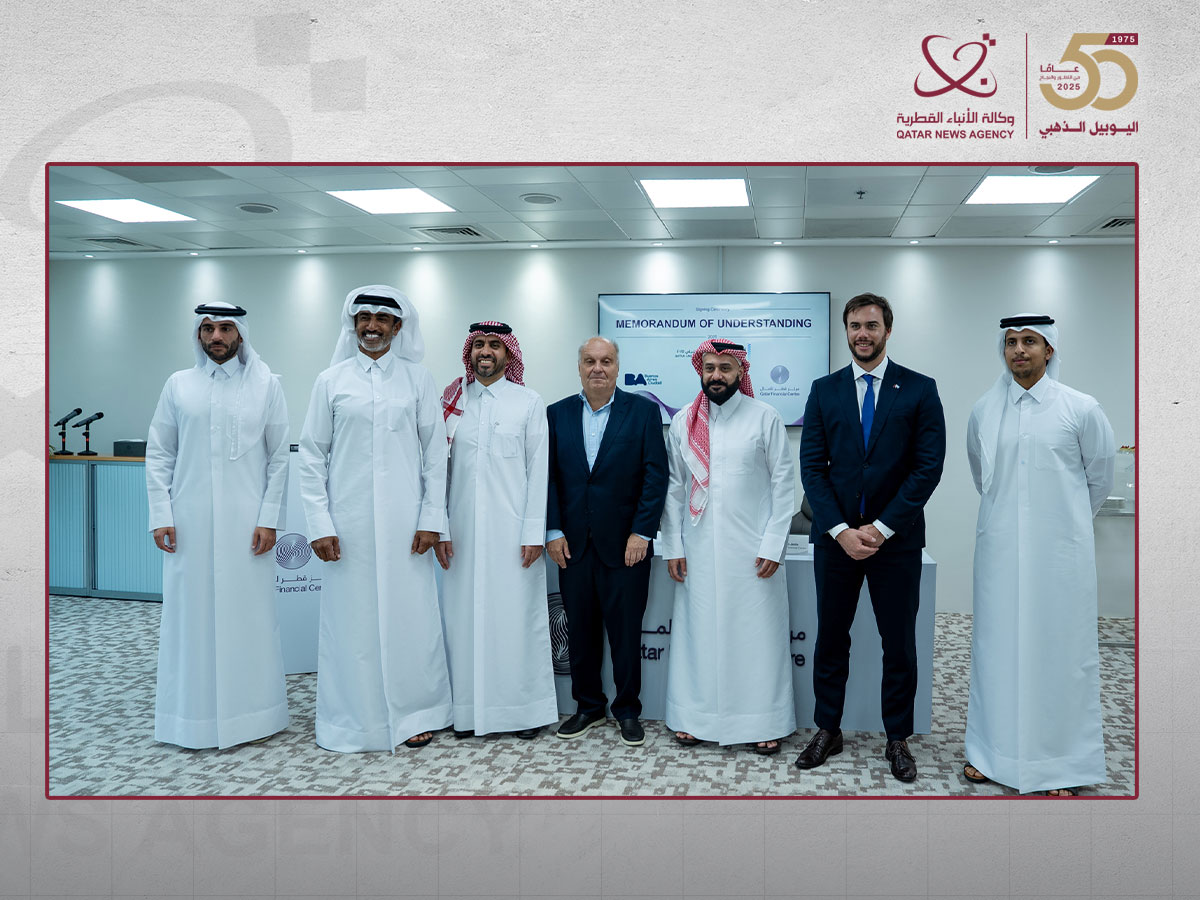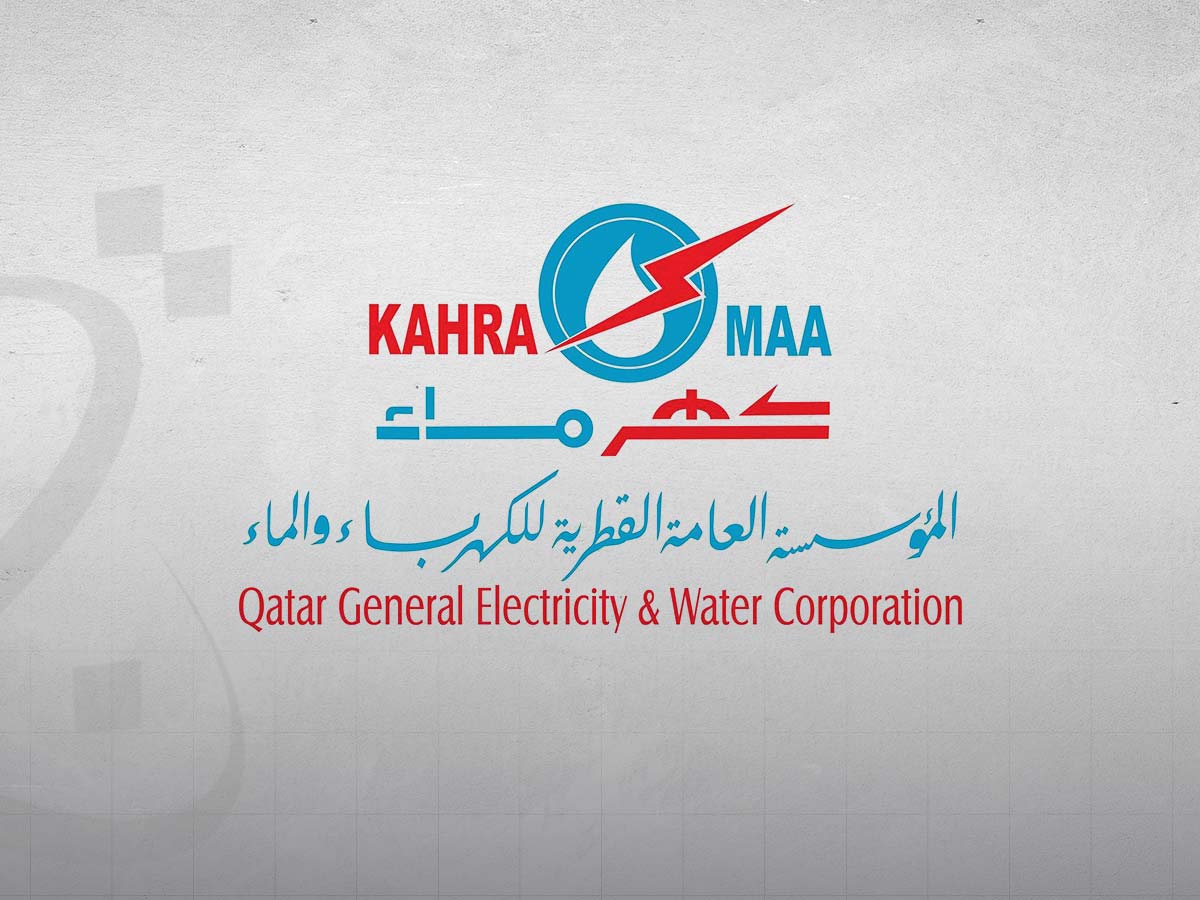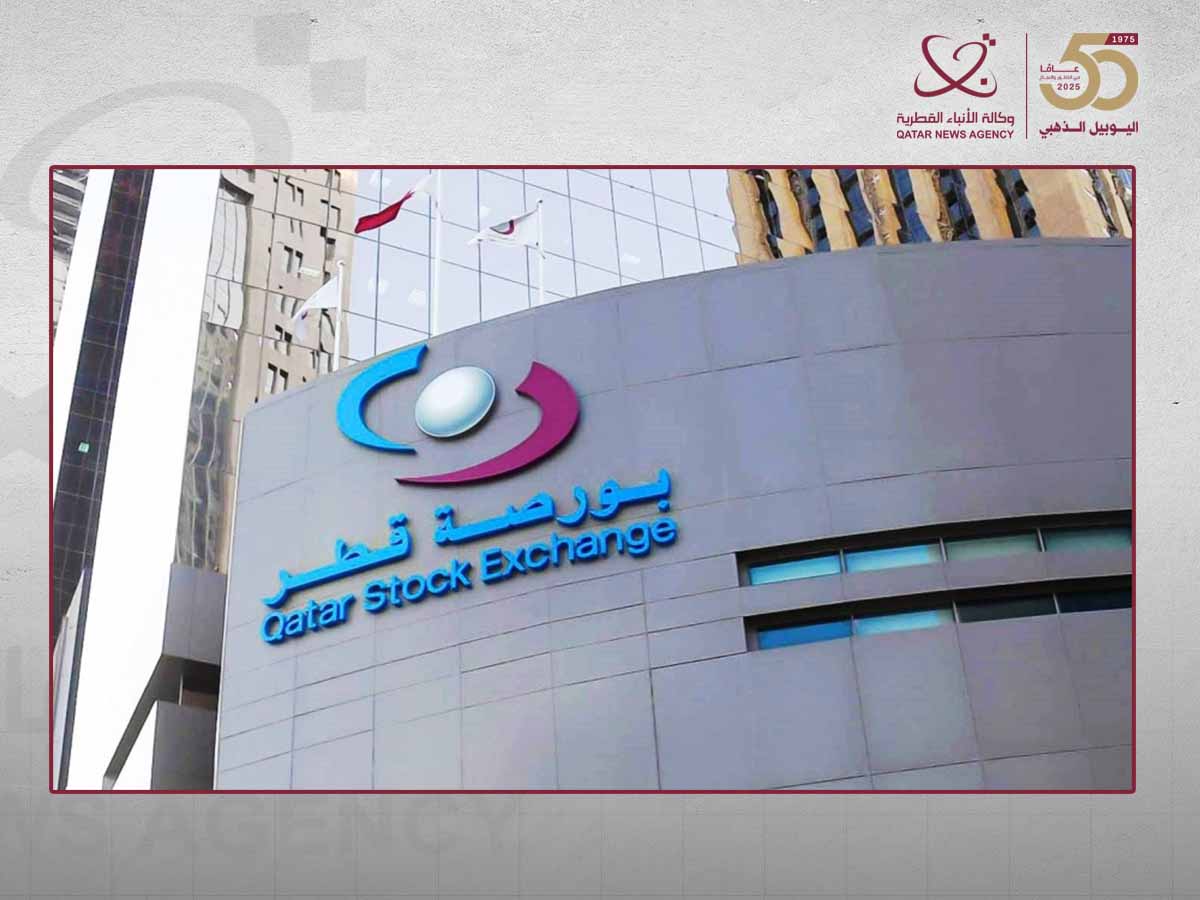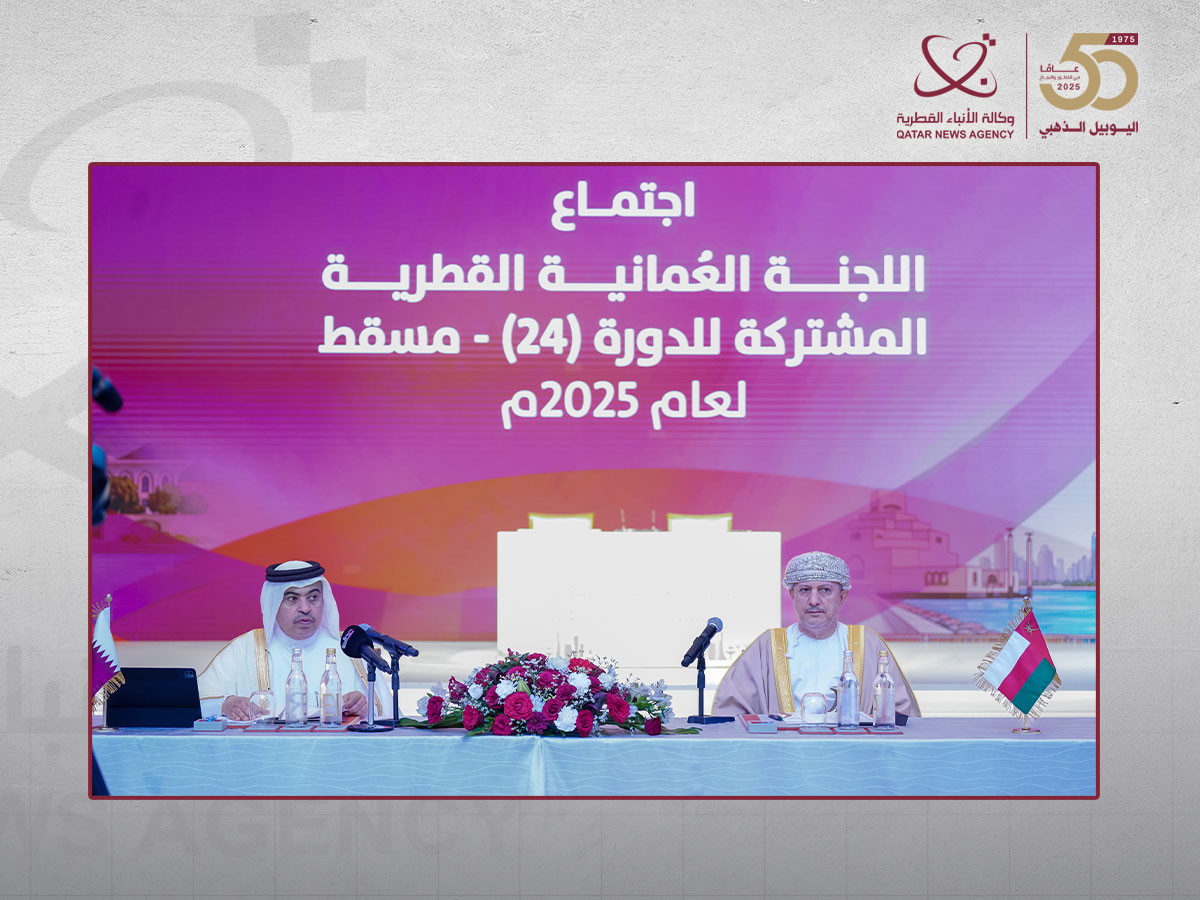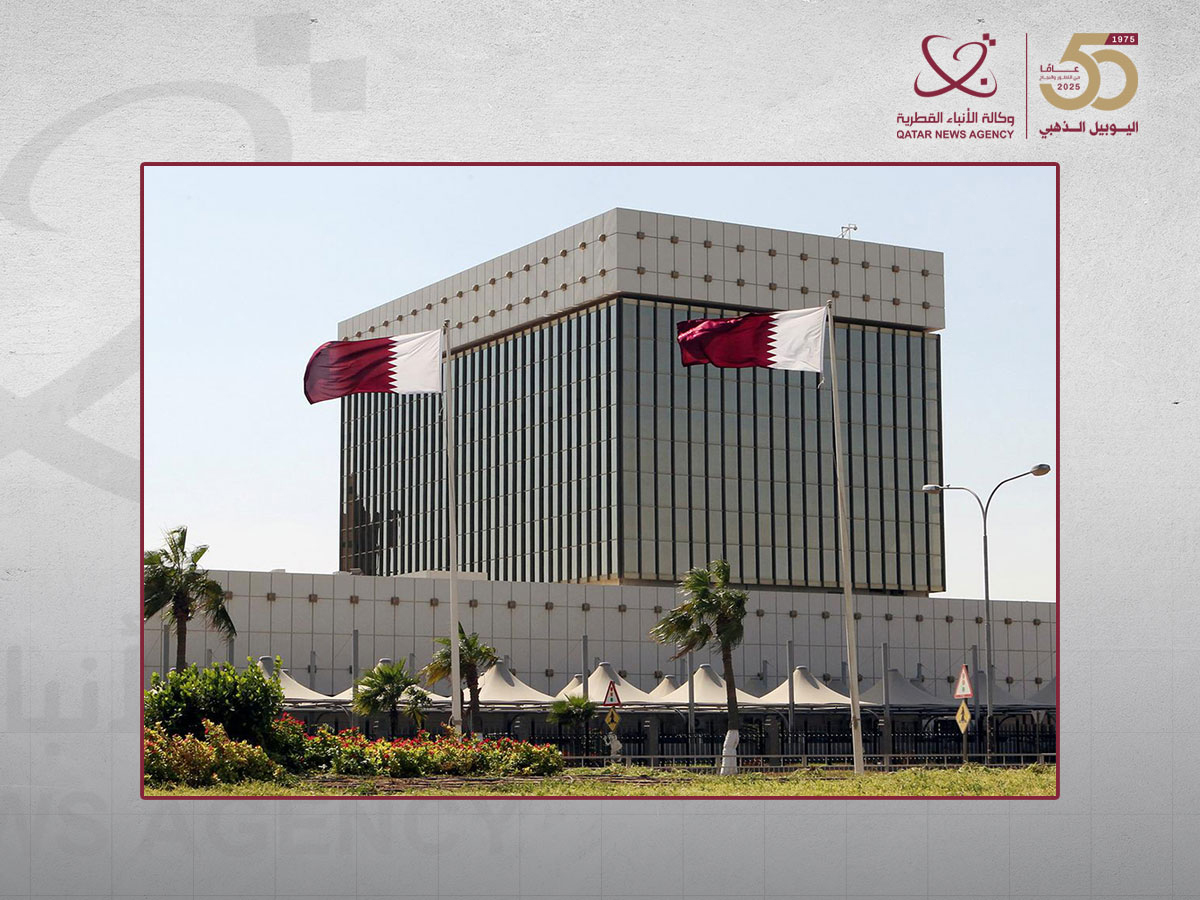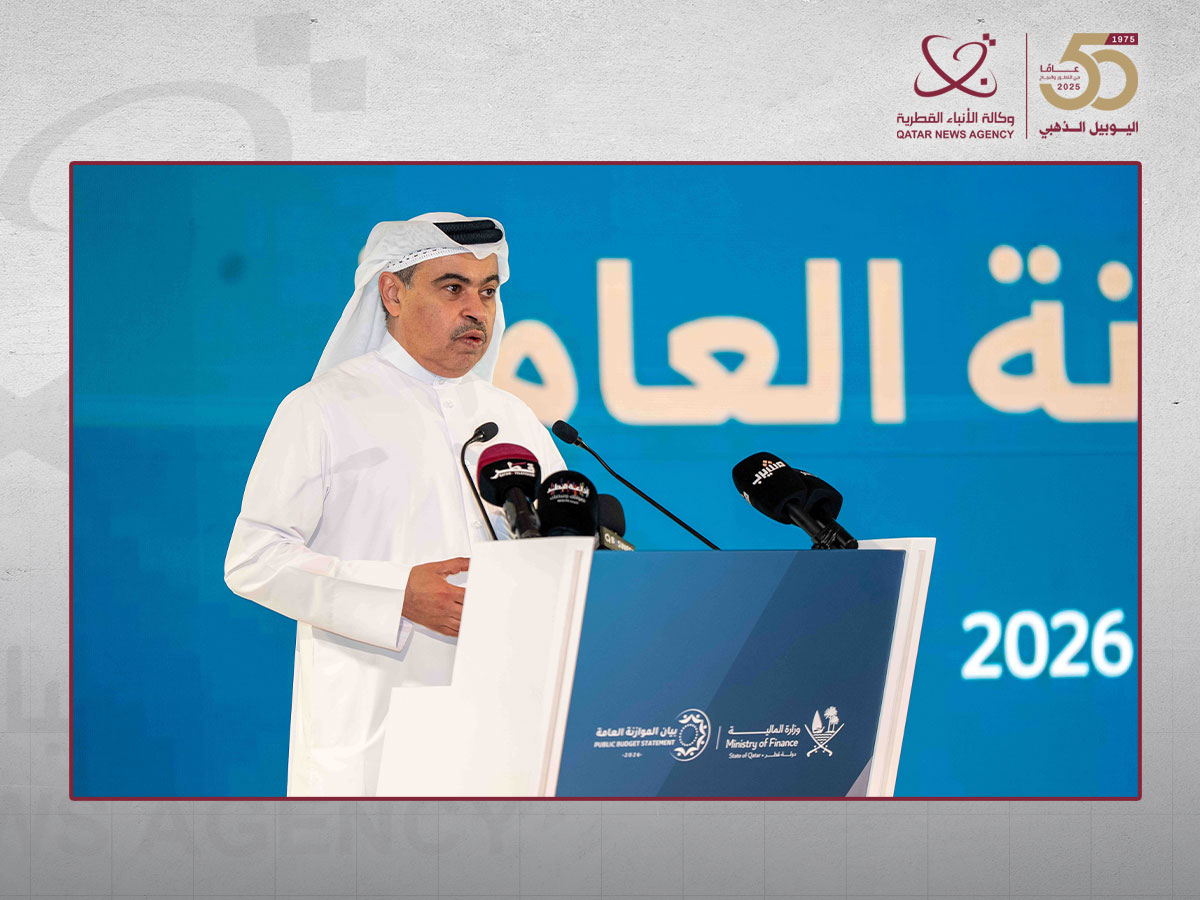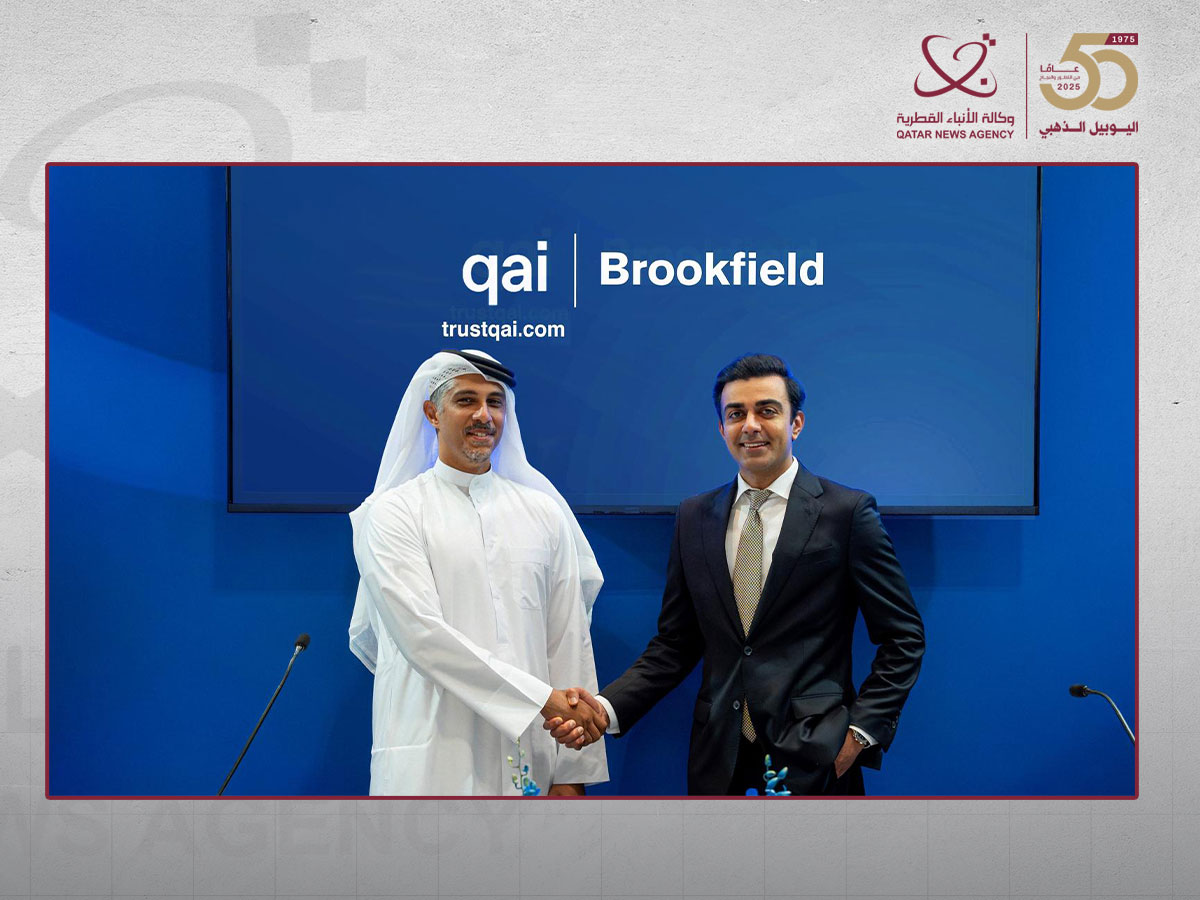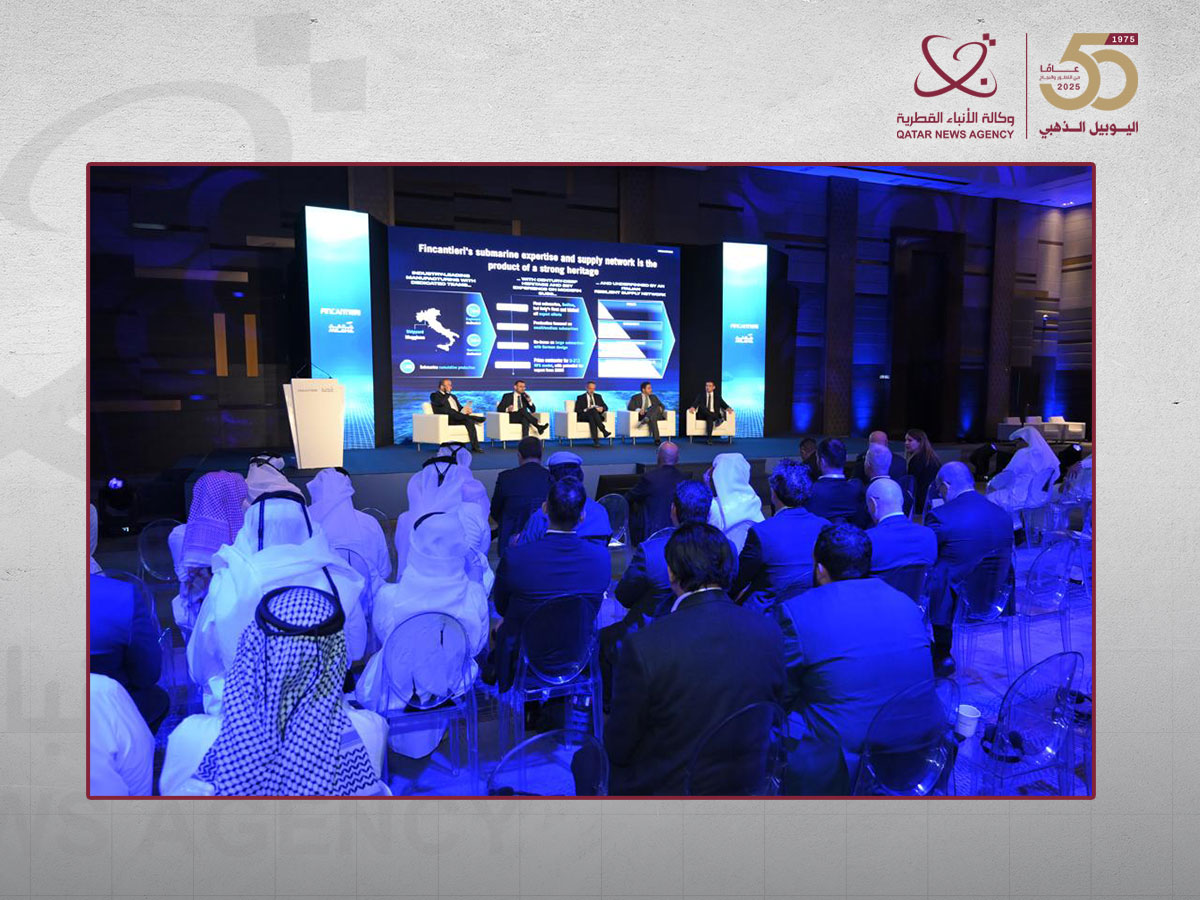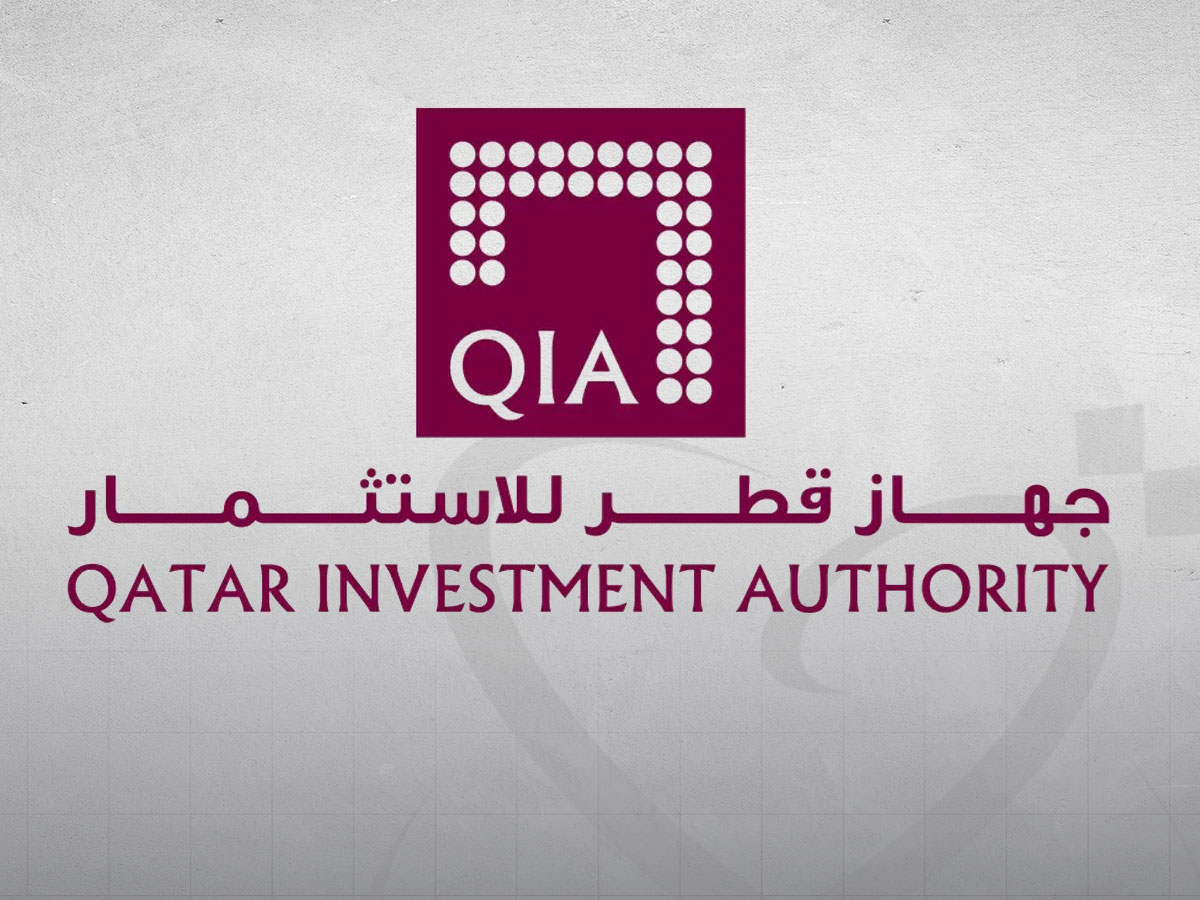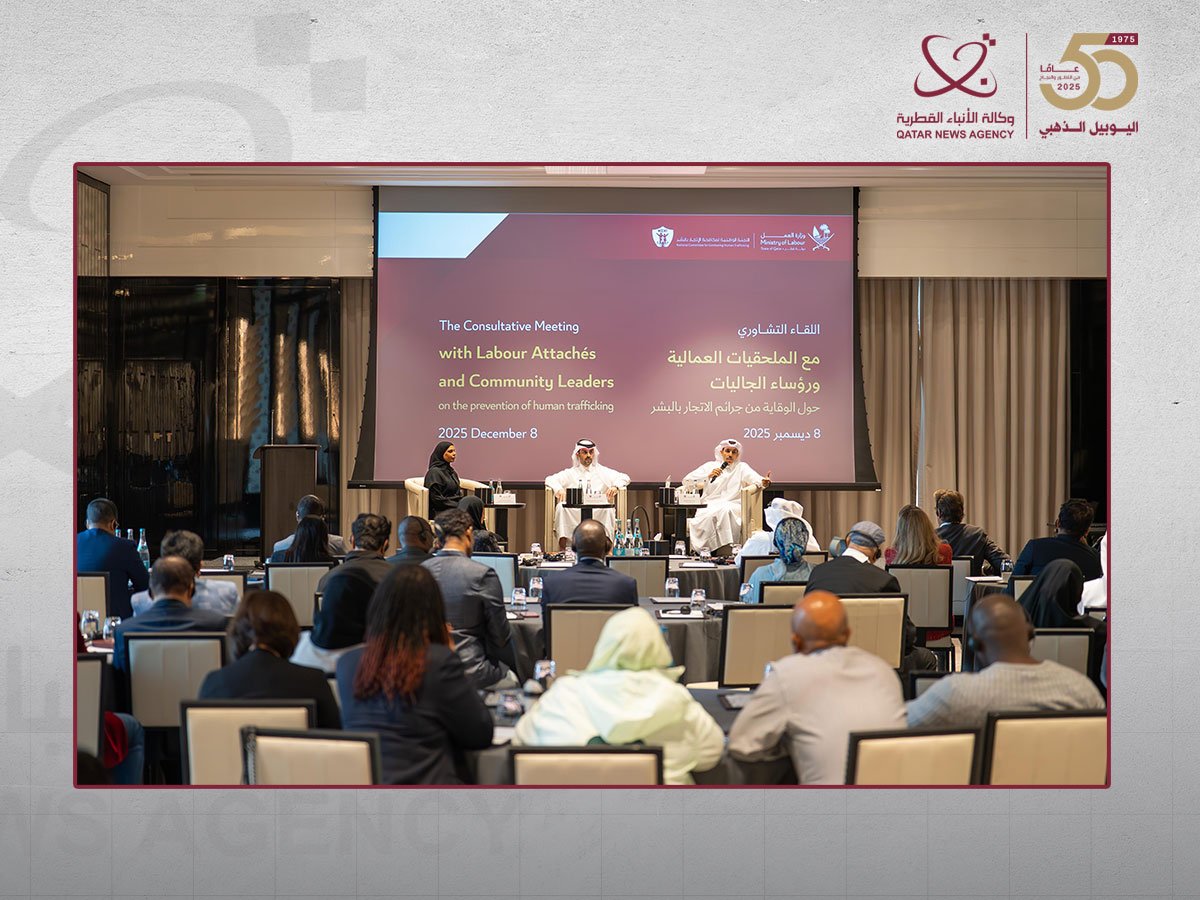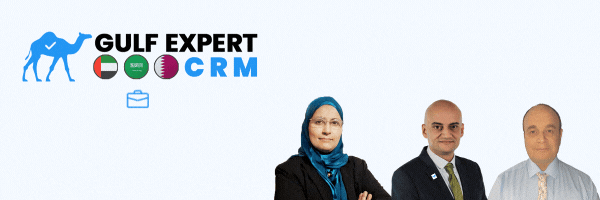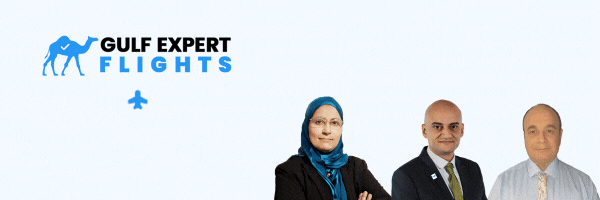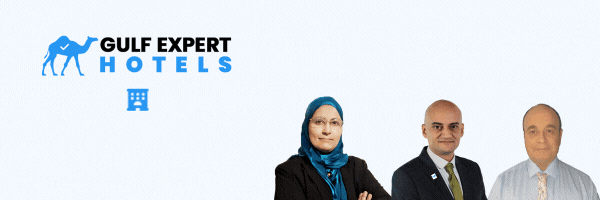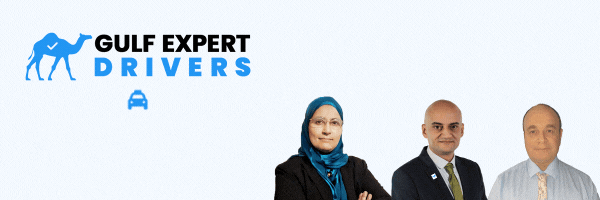Doha, April 08 (QNA) - The 11th Doha Islamic Finance Conference kicked off Tuesday under the theme "Integration of Blockchain and AI: The Future of Islamic Finance," in the presence of HE Minister of Commerce and Industry Sheikh Faisal bin Thani bin Faisal Al-Thani and HE Minister of Endowments and Islamic Affairs Ghanem bin Shaheen bin Ghanem Al Ghanem.
In his remarks at the opening session, HE Undersecretary of the Ministry of Endowments and Islamic Affairs Sheikh Dr. Khalid bin Mohammed bin Ghanem Al-Thani said, "the rapid advancement of AI and its integration into various sectors, including healthcare, education, law, economics, literature, and entertainment, will make it an indispensable part of intellectual, professional, and financial operations. This transformation will introduce a new work paradigm that has never existed before and cannot be overlooked. Therefore, it is essential to study the integration of AI with other advanced technologies, a topic that will be addressed at this conference. Discussions will focus on establishing standards for AI quality control, developing mechanisms to address its errors, and defining the associated responsibilities." "Additionally, the conference will explore the integration of AI with blockchain technology, particularly in areas such as endowment (Waqf) and electronic games. We look forward to the research and recommendations that will emerge from this conference, offering valuable insights for both researchers and industry professionals," he added.
In turn, HE Chairman of the Board of Directors of Dukhan Bank Sheikh Abdulla bin Fahad bin Jassim Al-Thani said, "the transformative impact of fintech on Islamic banking has been profound, with both AI and blockchain technology emerging as key drivers of this shift. AI is instrumental in improving financial forecasting, enhancing risk analysis, and enabling the personalization of banking services with greater efficiency. Meanwhile, blockchain offers a transparent and secure environment for operational continuity and smart contract management." He noted that the integration of these two technologies opens new horizons for Islamic banks to develop innovative tools that promote financial inclusion and sustainability while ensuring the highest levels of reliability, security, and Sharia compliance.
"At Dukhan Bank, we are proud to be at the forefront of financial institutions adopting innovation and advanced technology in Islamic finance. We have embraced this direction as the core of our new identity, and our commitment to this approach has resulted in unprecedented achievements both locally and globally. In the State of Qatar, we take great pride in having a financial environment that fosters innovation, supported by advanced technological infrastructure and regulations governing financial technology and innovation. This is reflected in the Third Financial Sector Strategic Plan, issued by the Qatar Central Bank, which aims to lead the digital transformation in Islamic finance and enable Qatar to unlock its full economic potential in line with the Qatar National Vision 2030," His Excellency added.
For his part, Secretary-General of the International Islamic Fiqh Academy Dr. Koutoub Sano said, "this conference takes place at a pivotal moment in history, as humanity witnesses a tremendous technological revolution reshaping the global economic landscape. All financial institutions must reassess their tools and structures, adopting new approaches and flexible frameworks in response to advancements in blockchain and AI.
"Islamic finance, with its balance of tradition and modernity, offers an economic model that promotes both economic effectiveness and ethical integrity. Its principles aim to create an economic system that fosters the growth, circulation, and protection of wealth, ensuring transparency and contributing to the well-being of individuals, societies, and the global community. There are vast opportunities to harness the potential of blockchain and AI to propel the Islamic financial sector to new heights," he added.
For his part, Chairman of the Higher Organizing Committee Dr. Khalid bin Ibrahim Al Sulaiti emphasized that rapid technological advancements have evolved beyond being mere supportive tools; they are now key drivers reshaping global economic and financial systems. The integration of blockchain and AI stands out as one of the most significant trends shaping the future of the financial sector, offering smart solutions that merge blockchain's transparency and decentralization with AI's deep analytical capabilities and precision-driven decision-making. As this synergy continues to evolve, a critical question emerges: what will the future of Islamic finance look like? "At the Doha Islamic Finance Conference, we have taken it upon ourselves to actively contribute to shaping the future landscape of Islamic finance. It is no longer enough to passively observe or debate the potential benefits of emerging technologies. The focus must now shift towards adapting and advancing these innovations to develop smart financial solutions that remain true to the principles of Sharia and add significant value to Islamic financial markets," he added.
Organized by Bait Al Mashura, the Doha Islamic Finance Conference is more than just an annual gathering; it is a prestigious and influential platform that has been shaping the trajectory of Islamic finance on a global scale since its inception in 2010. The conference has attracted wide participation of government entities, international organizations, financial and academic institutions specializing in economics, finance, and technology. With high-level discussions and expert insights, the conference is poised to drive significant advancements in the Islamic finance industry in Qatar and beyond.
Through several sessions and workshops, the conference discussed how to integrate modern technologies into the Islamic finance sector, using AI to develop Islamic financial products and enhance their efficiency. It also discussed how to protect and develop endowments using these technologies, as well as develop Sharia-compliant investment platforms using the integration of AI and blockchain. Two specialized workshops focused on developing Takaful insurance using blockchain technology, and the role of Bitcoin and AI in the Islamic economy and the opportunities for their use. (QNA)
.png)
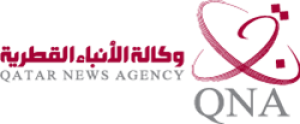 8 months ago
105
8 months ago
105

